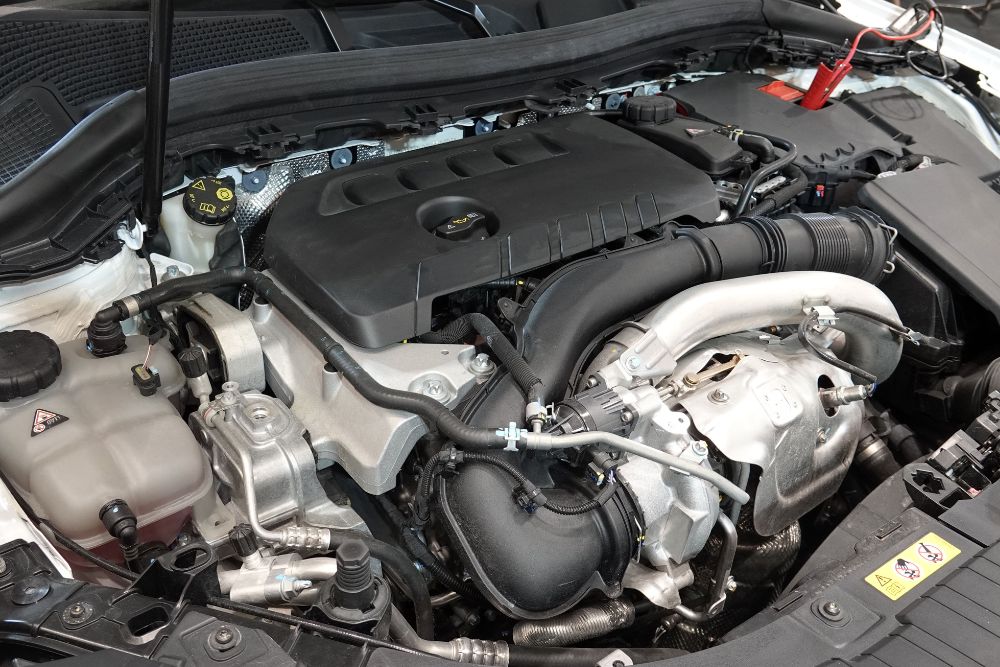A well-functioning radiator is essential for the smooth operation of any vehicle, ensuring the engine remains cool and prevents overheating. When your radiator encounters issues, timely repairs are crucial to avoid extensive damage and costly repairs. Understanding the importance of radiator maintenance and knowing when to seek professional help can save you time, money, and headaches. For further research about radiator repairs be sure to head over to Natrad.
The Importance of Radiator Maintenance
Radiators are essential for controlling the temperature of your car because they dissipate heat from the engine coolant. Regular maintenance of your radiator ensures optimal performance and longevity. Over time, radiators can develop leaks, clogs, or corrosion, which hinder their ability to function effectively. Neglecting these issues can lead to engine overheating, resulting in severe damage and expensive repairs.
Routine maintenance checks can help identify potential problems before they escalate. This includes inspecting coolant levels, checking for leaks, and ensuring the radiator fins are clean and unobstructed. Keeping an eye on the temperature gauge and noticing any unusual fluctuations can also indicate radiator issues that require attention.
Common Radiator Problems and Solutions
Radiators, like any other vehicle component, are susceptible to wear and tear. Recognizing typical radiator issues will enable you to take quick action.
- Leaks
Radiator leaks are a common issue that can stem from various sources, including damaged hoses, loose fittings, or cracks in the radiator itself. Overheating of the engine might occur due to coolant loss resulting from leaks. Regularly inspecting your radiator for signs of leakage, such as puddles of coolant under the vehicle or a drop in coolant levels, is essential. If you detect a leak, it’s crucial to address it immediately to prevent further damage.
- Clogs
Clogs can occur when debris, rust, or sediment accumulate within the radiator, restricting the flow of coolant. This can cause uneven cooling and result in engine overheating. Flushing the radiator regularly helps remove these blockages and maintain efficient coolant circulation. If you notice a significant drop in coolant flow or your engine consistently runs hot, it may be time for a professional radiator flush.
- Corrosion
Corrosion is another common issue that affects radiators, particularly in older vehicles. Over time, the metal components of the radiator can corrode, leading to leaks and reduced cooling efficiency. Using the appropriate coolant and regularly replacing it can help prevent corrosion.
When to Seek Professional Radiator Repairs
While some radiator maintenance tasks can be performed by vehicle owners, certain issues require the expertise of a professional. Complex problems, such as severe leaks, extensive corrosion, or a completely clogged radiator, are best handled by experienced technicians. Professional radiator repair services offer a comprehensive inspection to diagnose the issue accurately and provide effective solutions.
Technicians can perform tasks such as pressure testing, leak detection, and coolant system flushes to ensure your radiator is functioning correctly.
Conclusion
Maintaining your radiator is crucial for the overall health and performance of your vehicle. Regular inspections, timely repairs, and seeking professional help when needed can prevent major issues and keep your engine running smoothly. By understanding common radiator problems and taking proactive measures, you can avoid costly repairs and ensure a safe driving experience.




